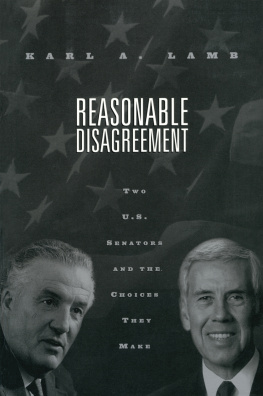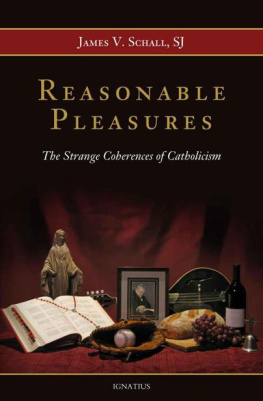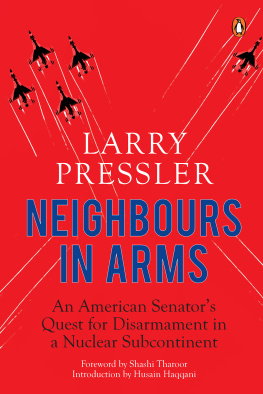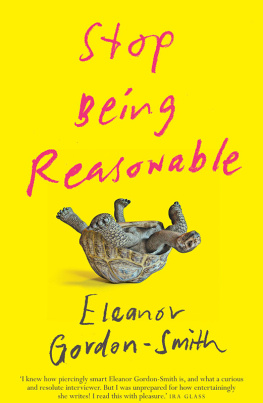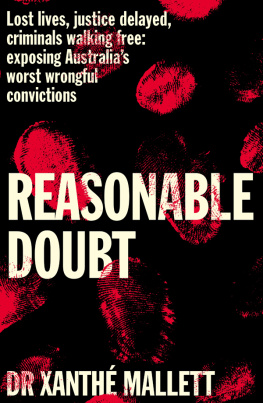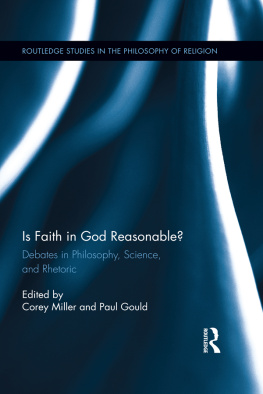Reasonable Disagreement
Politics and Policy in American Institutions
Volume 2
Garland Reference Library of Social Science
Volume 1157
Politics and Policy in American Institutions
Steven A. Shull, Series Editor
PRESIDENTS AS CANDIDATES Inside the White House for the Presidential Campaign
Kathryn Dunn Tenpas | REASONABLE DISAGREEMENT Two U.S. Senators and the Choices They Make
Karl A. Lamb |
Reasonable Disagreement
Two U.S. Senators and the Choices They Make
Karl A. Lamb
Also by Karl A. Lamb
The Guardians:Leadership Values and the American Tradition
As Orange Goes:Twelve California Families and the Future of American Politics
The People, Maybe
Campaign Decision-Making:The Presidential Election of 1964 (with Paul A. Smith)
Congress: Politics and Practice (with Norman C. Thomas)
Apportionment and Representative Institutions:The Michigan Experience (with William J. Pierce and John P. White)
First published 1998 by Garland Publishing, Inc.
This edition published 2013 by Routledge
711 Third Avenue, New York, NY 10017
2 Park Square, Milton Park, Abingdon, Oxon OX14 4RN
Routledge is an imprint of the Taylor & Francis Group, an informa business
Copyright 1998 by Karl A. Lamb
All rights reserved
Library of Congress Cataloging-in-Publication Data
Lamb, Karl A.
Reasonable disagreement : two U.S. Senators and the choices they make /Karl A. Lamb
p.cm. (Politics and policy in American institutions ; v. 2. Garland reference library of social science ; v. 1157)
Includes bibliographical references and index.
ISBN 0-8153-2801-X (alk. paper). ISBN 0815328028 (pbk. : alk. paper)
1. Sarbanes, PaulPolitical and social views. 2. Lugar, RichardPolitical and social views. 3. LegislatorsUnited States Biography. 4. United States. Congress. SenateBiography. 5. United StatesPolitics and government19451989. 6. United StatesPolitics and government1989 7. Political culture Indiana. 8. Political cultureMaryland. I. Title. II. Series: Garland reference library of social science. Politics and policy in American institutions ; v. 2. III. Series: Garland reference library of social science ; v. 1157.
E840.6.L361998
328.730922dc21 | 98-19160
CIP |
Cover: Senators Paul Sarbanes (left) and Richard Lugar (right).
Cover Design: Bill Brown Design
Dedicated to the memory of Lawrence Lamb 19011994
CONTENTS
This project would have been impossible without the cooperation and interest of the principals, Paul Sarbanes and Dick Lugar. I have described my twenty years of conversations with them in . Further thanks are due to all those who have granted interviews over the yearsmembers of the senators families, congressional staff members, party officials, people I talked to at campaign rallies. If known, their names are recorded in the notes, although my gratitude is only expressed here.
The project received financial support at various times from the Earhart Foundation, the Research Committee of the University of California, Santa Cruz, Faculty Senate, and from the Naval Academy Research Council. The Naval Academy also provided sabbatical leave for the spring semester of 1992. My thanks to John Fitzgerald and Colonel Mike Hagee, USMC, for endorsing the application, and to Bob Shapiro for approving it.
Mrs. Barbara Breeden of the Nimitz Library, U.S. Naval Academy, has been cheerfully helpful in tracing books and documents. For taking a critical interest in the project, I thank my former colleague, Professor John Schaar of Santa Cruz, and my present one, Professor Stephen Frantzich of the Naval Academy. Under the guidance of the Anne Arundel County high schools mentorship program, Tasha Dunn served ably as my research assistant during the summer of 1995.
I am honored that this volume will help initiate the new series in public policy and American institutions edited by Steve Shull. I thank him for insisting on a clearer focus for the book, while he maintained an inspiring enthusiasm for its subject. David Estrin of Garland Publishing handled logistics problems with jovial good humor and notable efficiency, as well as sustained enthusiasm for the book. Chuck Bartelt of Garland persuaded very different computer programs to make common cause, and Natalie Bowen copy edited the manuscript sensitively, with near total consistency.
My greatest debt is to Sally, my wife, for putting up with the writing of yet another book. She has reviewed drafts of every chapter and gently insisted that I say what I mean. Our daughter, Amy, reviewed a draft of the final chapter while flying to Seattle and phoned back her helpful critique.
I owe much to the people mentioned here for any virtues the book may contain. Much as I may wish it otherwise, I cannot hold them responsible for its flaws.
In the final decade of the twentieth century, how does America go to war? Our eighteenth-century founders decreed that such decisions be made jointly by the president, who is commander-in-chief of the military forces, and Congress, the peoples elected representatives. Thus, in the Constitution, while the president commands the resources to make war, only Congress can declare war. In the eighteenth century, wars were the playgrounds of kings, often fought by mercenaries hired in foreign lands. After Napoleon, serious wars engaged entire national populations, and two of them involved most of the world. Congress has declared war five times in U.S. history; American forces have fought in several hundred conflictsranging from a raid on the Barbary pirates to the Korean police actionwithout the benefit of a declaration by Congress, which nevertheless continued to pay the bills.
Soon after Iraq invaded Kuwait on August 2, 1990, President Bush declared that the aggression must not stand. He assembled a coalition of nations to oppose Saddam Hussein, and he directed an immediate deployment of American forces to the Persian Gulf. But he did not consult Congress, and Congress did not complain. It did not seem right for the 250 million people of the United States to declare war on the 12 million souls of Iraq, no matter how much of the worlds oil Saddam Hussein proposed to control. A Congressional election campaign was going on, and a new, controversial issue might threaten the incumbents reelection.
Two days after the election, President Bush announced the doubling of the American troop commitment in the Gulf region from 200,000 to 400,000, signaling the change from a defensive to an offensive posture. Indiana Republican senator Richard G. Lugar and Senate minority leader Robert Dole publicly recommended a special session of Congress to debate the issue. President Bush would not pursue a special session when Senator Dole could not guarantee that a resolution of support would pass in the Senate. Privately, Lugar was telling Bush it would be better to find out now whether he lacked the congressional support, rather than later.1
The Democratic position was dramatized in November hearings of the Senate Armed Services and Foreign Relations Committees. Witnesses deplored the eagerness of the Bush administration to abandon economic sanctions, arguing that the embargo would be effective if left in place for twelve to eighteen months. Maryland senator Paul S. Sarbanes was a determined spokesman for this liberal Democratic position, which was partly based on the presumed lessons of Vietnam.

